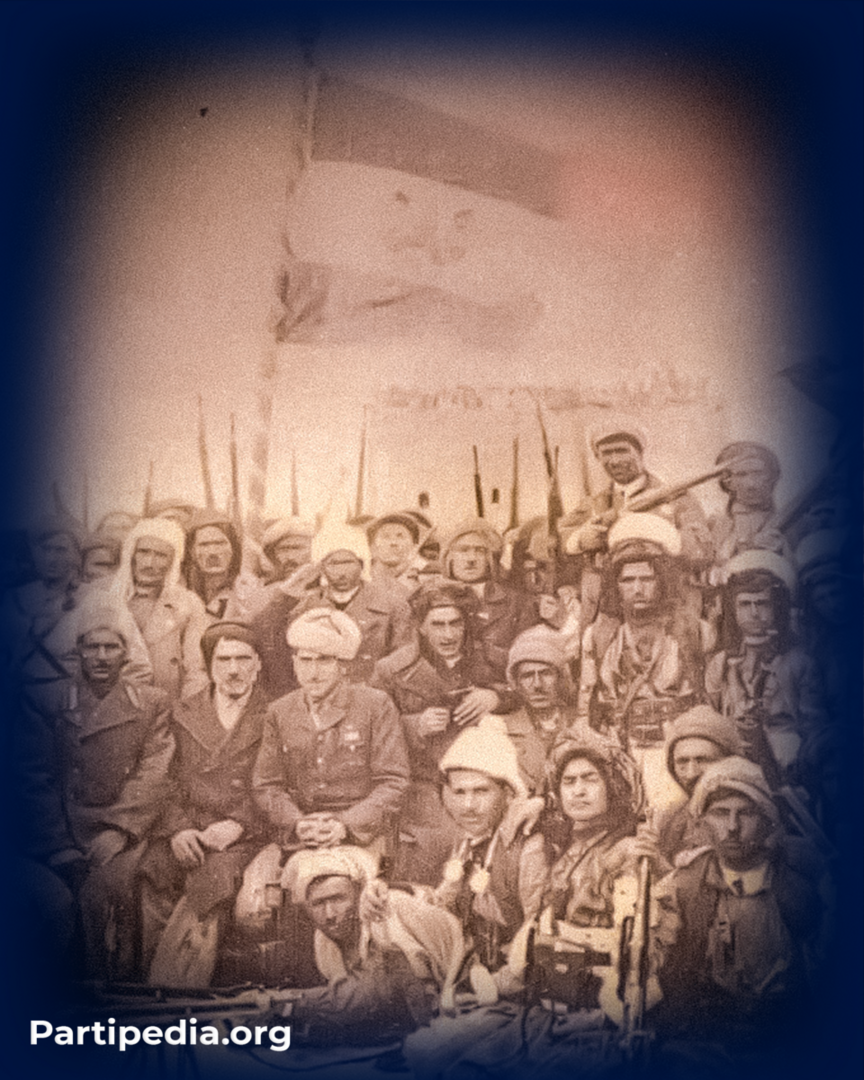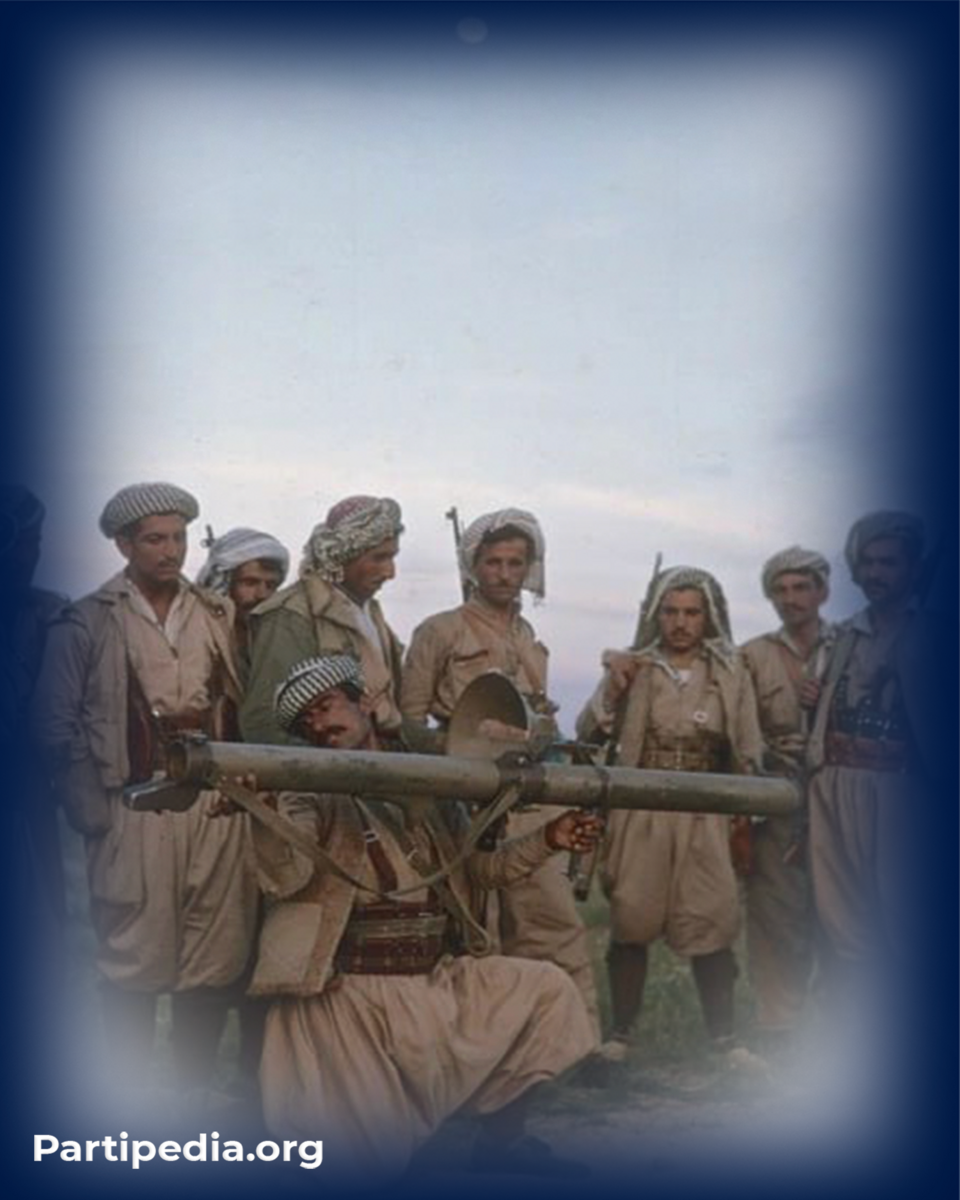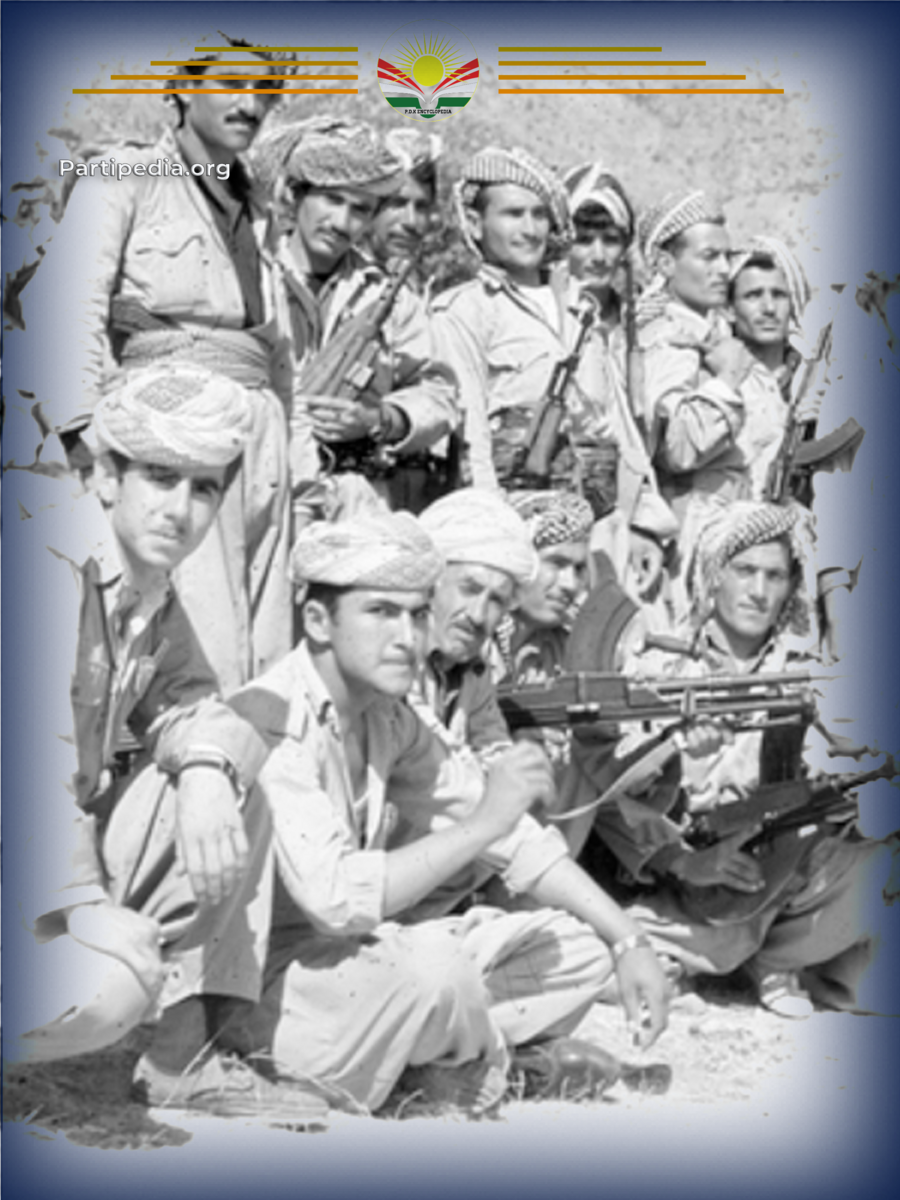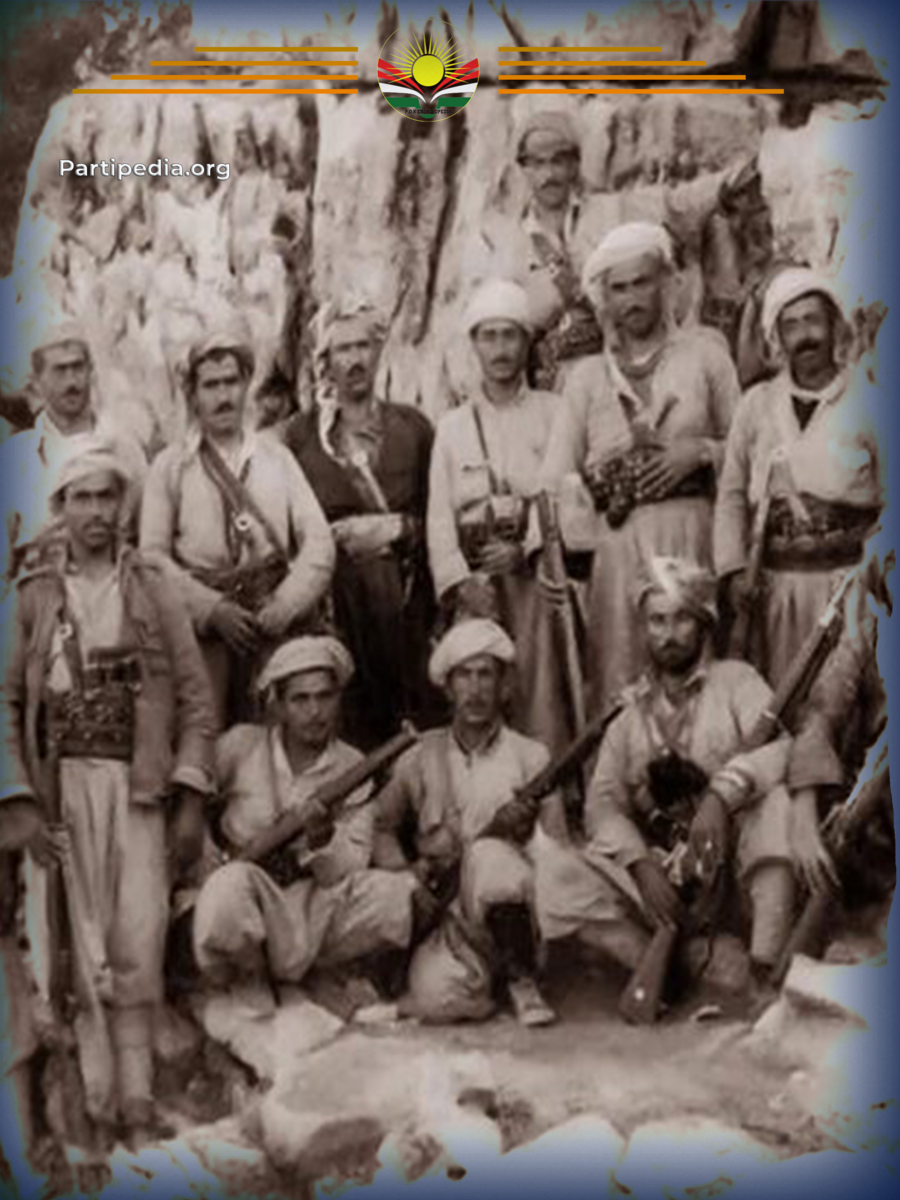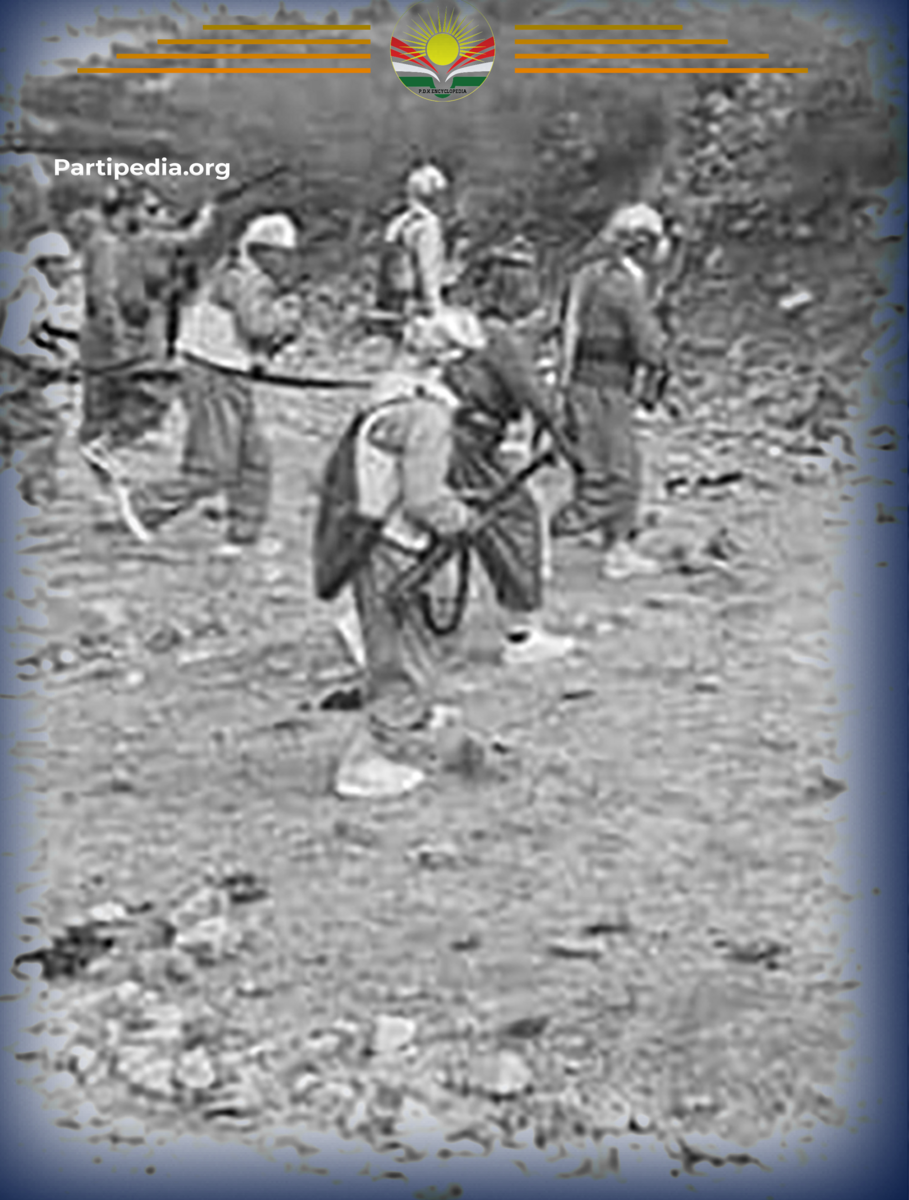During the conflict, the Kurdistan Republic forces successfully encircled the Iranian army using their limited supply of mostly light weapons. Upon receiving the news, the Iranian forces sent a rescue force to save the large number of troops trapped by the smaller republican force. They dispatched approximately 350 additional troops from Bana to Qulta village as reinforcement to liberate the 500 soldiers held captive. However, this effort proved futile, leading to the defeat of the Iranian army by the Peshmerga Forces of the republic which included fighters from Barzani's Force. Following their surrender, the Peshmergas secured a significant victory and gained a lot, and that was good for them especially considering the republican forces' scarcity of weapons and ammunition at that time.
Through the active participation of the Barzani Peshmarga forces in this battle and other various battles alongside the Kurdistan Republic Force despite its short period of existence, the significance of the presence of Barzani forces during the critical period of the Kurdistan Republic is further highlighted. The Barzani Forces demonstrated their strength and resilience by effectively defending their assigned territories and refusing to surrender in the face of relentless attacks from the Iranian army. Additionally, it is worth noting that the Barzani Peshmergas exhibited exceptional dedication to the cause of the Kurdistan Republic, even in the face of numerous challenges such as inadequate housing, illness, and food shortages. In contrast, the Iranian Peshmergas did not encounter similar difficulties in terms of accommodation, food supply, or health issues.
Sources:
١- ههژار موكریانی، چێشتی مجێور، چاپی سێیهم، -، پهخشانگای ئازادی، ٢٠٠٩.




